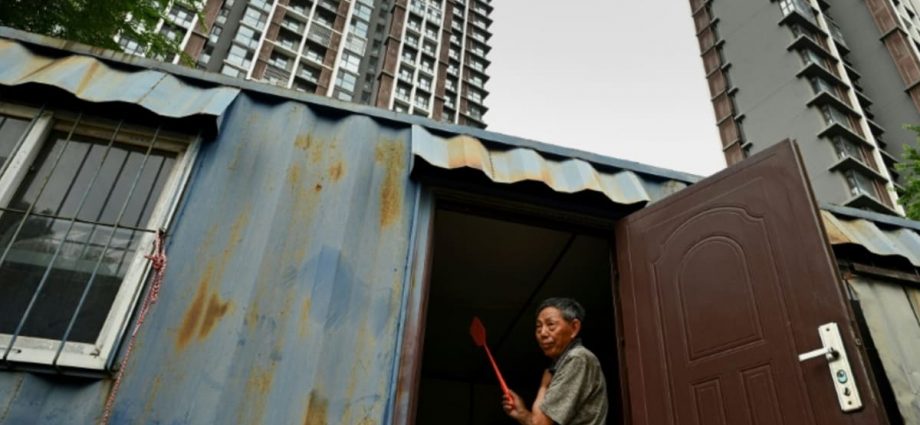
TECH TALES
Over the last decade, hulking office blocks have transformed Shangdi from an unremarkable suburb to a landmark on China’s tech map.
The area is near the ruins of the Old Summer Palace – destroyed by British soldiers in 1860 – a reminder of China’s “century of humiliation” at the hands of Western nations that still rankles in Beijing.
Many of Shangdi’s new residents work for tech giants such as Baidu, Kuaishou and Didi Chuxing – companies that dominate daily life in the world’s most populous nation and now outsize many of their Western rivals.
With his wire-framed glasses, dark T-shirt and sweatpants, 31-year-old Sheldon Zhang wears the uniform of a generation of young tech professionals who have emerged as some of the best-educated and most cosmopolitan in China’s history.
A fast-talking college dropout who co-founded a startup in his early 20s, Zhang is now a user experience architect at a major firm, tinkering with robotics and artificial intelligence in a mission he says is for the “future benefit of humanity”.
Hubs such as Shangdi are drivers of AI, quantum computing, sensors and chips earmarked in the party’s last five-year plan as essential for the next phase of China’s development.
But industry insiders warn a “winter” has settled across the tech sector.
In a widespread crackdown, Beijing has been bringing to heel major firms over fears they have too great a hold over Chinese consumers.
Revenue growth is in decline at big-hitters such as Alibaba and Tencent, and job layoffs in the sector are rising.
China’s economy grew just 0.4 per cent in the second quarter of this year – its worst performance since the start of the pandemic.
“Without an explosion of new technologies, we may start to slow down or regress,” Zhang says.
REALITY BITES
Others are already feeling the squeeze.
Li Mengzhen, a 27-year-old strategy specialist at a short-video platform, says the tech scene’s rank and file now self-effacingly label themselves “digital blue-collars”.
“Our situation is quite similar to migrant workers in the 1990s,” she says.
She has a decent salary but fears property ownership in Shangdi, where apartments easily sell for 100,000 yuan (US$13,900) per square metre, will forever be beyond her.
“We left our hometowns to work in Beijing … but can’t say that we’re Beijingers,” says Li.
“Our coders are like the people who worked on sewing machines or putting in screws … their jobs are easily replaceable.”
It is an ennui spreading across much of her generation, with many seeking shared solace in a counterculture of “lying flat” – abandoning the endless work cycle to meet the impossible goals of urban living.
China’s zero-COVID strategy has chopped back at growth, making it even harder to get a job and then keep it.
Youth unemployment in urban areas has repeatedly hit record highs this year, peaking in July when nearly 20 per cent of people aged from 16 to 24 were jobless, according to the National Bureau of Statistics.
But new city cultures also provide ladders out.
At a cafe in southern Shangdi, a beaming Feng Jing says she has just quit her job at a video platform to become a yoga teacher.
“I’m someone who chases freedom,” the 29-year-old says.
“I don’t feel tied down by money or other preconceived ideas.”

